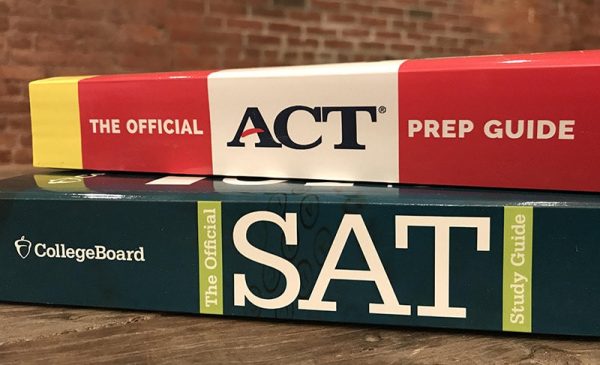Food Extinction: Favorite foods could vanish off shelves for good
Scientists predict that in 2050 certain foods will be extinct, a few being avocadoes, chocolate and strawberries. This all has to do with the earth growing warmer second by second and farming seasons are unpredictable.
For example, coffee beans are predicted to be extinct by 2080. According to the study by the Proceedings of the National Academy of Sciences, 88 percent of the regions which coffee beans grow in could shrink due to climate change. Those beans are ingredients of one of the most favorable drinks to look for caffeine and it could be gone.
“There are changes in climate,” science teacher Scott Kopecky said. “You are getting different zones where foods can’t grow in.”
According to soils.org, crops will have to adapt, but for a crop to adapt it will be costly. These investments will be for water infrastructure and the development of resilient crops that can handle temperatures.
Scientists are predicting which foods will go extinct by using climate models. They consider certain factors such as carbon emission and population and with those two factors in mind, scientists develop climate scenarios. Climate scenarios are used for predicting how different behaviors affect climate patterns.
“There are different aspects to it, [and] I think one is definitely reliability,” junior Feyza Baysal said. “If a product is not able to be manufactured easily or effectively then, it’ll eventually go extinct.”
Important crops, such as wheat, soybeans and rice will have higher prices. These crops also feed the animals. According to soils.org, farmers will be farming more crops and the meat consumption will lower.
While genetically modified organisms are banned in many countries, such as Russa, Serbia and Peru, they might be useful in this situation. If a drought resistant GMO is being farmed somewhere where droughts are common, they will still able to grow fine. Herbicide tolerant crops are crops that generally less irrigation and reduce soil erosion, which will help the rivers. The countries that have banned GMOs will not receive the benefits.
“Everything grows from the earth in some way or another, even if it’s consider artificial,” Baysal said.
Climate change is affecting the farming seasons. One season, there may be plenty of flooding and too much water for the crops to handle and the next may cause too many droughts and the crops dry up easily. This is tied to climate change because there is a change in atmosphere with carbon dioxide and lower latitude countries farming seasons will see negative consequences.
“One of the problems with crop cycles and climate change is there might be heavy rains in the fall and now you can’t get a combine into a field to work that crop,” Kopecky said.
One of the worlds most important pollinators, bees, are also extinct. Main reasons for this is the fact that farmers use a lot of pesticides in their crops, parasites invading their homes and climate change ruining their natural habitats. Bees pollinate about 30% of the crops. So, with the bees going extinct and along with it, certain foods, some of the most important crops will be gone. Pollination fertilizes crops and without the bees doing their jobs, only half of the crops would be farmed and sold in markets.
“Due to climate change, we see a lot of animals going extinct,” Durso said.
Even though that this problem may seem far in the future, it is important to be aware and educated of what’s to come. The future has in store a lot of changes. For now, we need to remain vigilant in our understanding of the impacts of climate change and how these changes affect various livelihoods like farming and food.
“I think we have minimal research on this because it’s not an issue we have to deal with, foods being extinct is a future problem,” Durso said.





